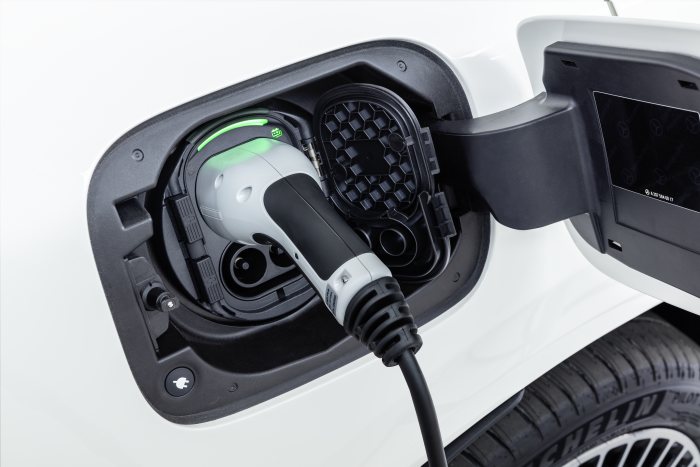As per some reports, the price of electric vehicle batteries have gone down by 89% in the last 10 years and is expected to go down further in the upcoming years. If this trend continues, the electric vehicles will become much cheaper and will cost almost as much as their internal combustion engine counterparts. In fact, even the luxury car makers like Jaguar, Mercedes-Benz, BMW and likes are also working to develop their electric vehicles.
The prices of the lithium-ion battery were hovering around USD 1,110 per kilowatt-hour capacity 10 years ago but as it stands today, the price is about USD 137 per kilowatt-hour. There are reports that in some technologically advanced countries like China the price is about USD 100.
As of now it is proved that, owning an electric vehicle is already much more cost-efficient than internal combustion cars in the long run. Also, the key advantage of electric vehicles is that they are environmentally friendly. The pollution level is on the rise as well and all the countries are trying their best to encounter this. For this situation, electric vehicles can be the answer. Electric vehicles can help mitigate climate change in megacities like Delhi, Beijing, Tokyo, Milan and more where vehicle emission is a major contributor to pollution. But, to replace all the internal combustion engines on the road it might take a decade from today.
Recently, Toyota had claimed that it had developed solid-state batteries which can charge up to 100% in under 10 minutes and not just this, there are a lot of other developments going on in the e-mobility field. In India also, there is a major shift of focus from the conventional fossil fuel-powered motors to battery-powered motors. The commercial segment is the forerunner in getting electrified. India is witnessing an influx of electric rickshaws and buses in metropolitan cities like Delhi, Mumbai, Hyderabad, Chennai and all major automotive companies are investing a lot of money in their Research and Development department to build their electric vehicles. But to sustain the electric vehicle sector a robust e-mobility infrastructure is very crucial and India needs to improve on this front.


